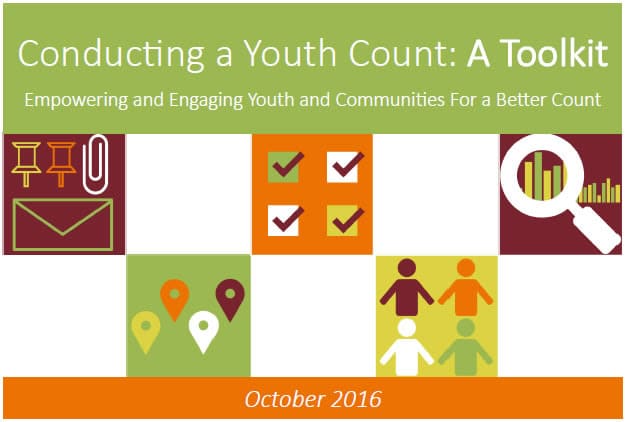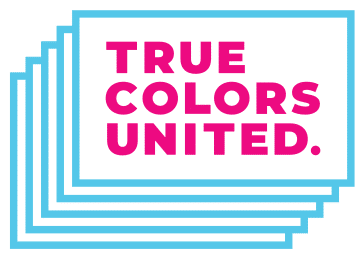 We’re very excited to share that the Voices of Youth Count (VoYC) Toolkit is now available to the public! The aim of the VoYC Toolkit is to provide guidance and tools to folks looking to engage and empower youth and community members for a better youth count.
We’re very excited to share that the Voices of Youth Count (VoYC) Toolkit is now available to the public! The aim of the VoYC Toolkit is to provide guidance and tools to folks looking to engage and empower youth and community members for a better youth count.
VoYC is an initiative led by Chapin Hall in collaboration with the True Colors Fund and partners across the country. VoYC aims to find both a reliable national estimate of youth homelessness and a clearer picture of what it means to be young and experiencing homeless in America today. The VoYC Toolkit can help accomplish both these goals.
Who: The VoYC Toolkit is intended for any community looking to conduct a youth count. The tools inside may best be harnessed by those leading the organization and execution of youth counts.
What: The VoYC Toolkit provides guidance from the early planning stages of a count through its execution and even into data analysis. The Toolkit includes lessons learned, training, and focus group protocols, survey tools, and outreach templates. Innovative methods such as developing community level “hot spot” maps are clearly explained so that they can readily be recreated.
Why: Successful youth counts rely on significant investments of time from many people, and having a roadmap for each important stage ensures success. If your community has never conducted a youth count before, we recommend reading through the VoYC Toolkit in full before beginning to plan your youth count.
The toolkit provides step-by-step guidance, broken down into five phases from planning to analysis. The objectives and tools laid out in the toolkit have been tested in 22 urban, suburban, and rural counties across the country.
The federal Opening Doors plan sets the goal to end homelessness among children, youth, and families by 2020. With this goal in mind, the 2017 PIT Count will serve as a baseline year for ending youth homelessness by 2020. This means that the 2017 PIT Count data will provide a starting point for measuring if we end homelessness among youth by 2020. It is essential that the 2017 PIT Counts be as comprehensive as possible and that we collect data points that will give us a holistic picture of the experiences of youth and young adults experiencing homelessness. This includes identifying lesbian, gay, bisexual, queer, and questioning (LGBTQ) identities, youth who have experiences with the foster care or juvenile justice systems, and youth who may be pregnant or parenting.
Get the full VoYC Toolkit here. Spread the word on social media to help get this resource out into the world!
